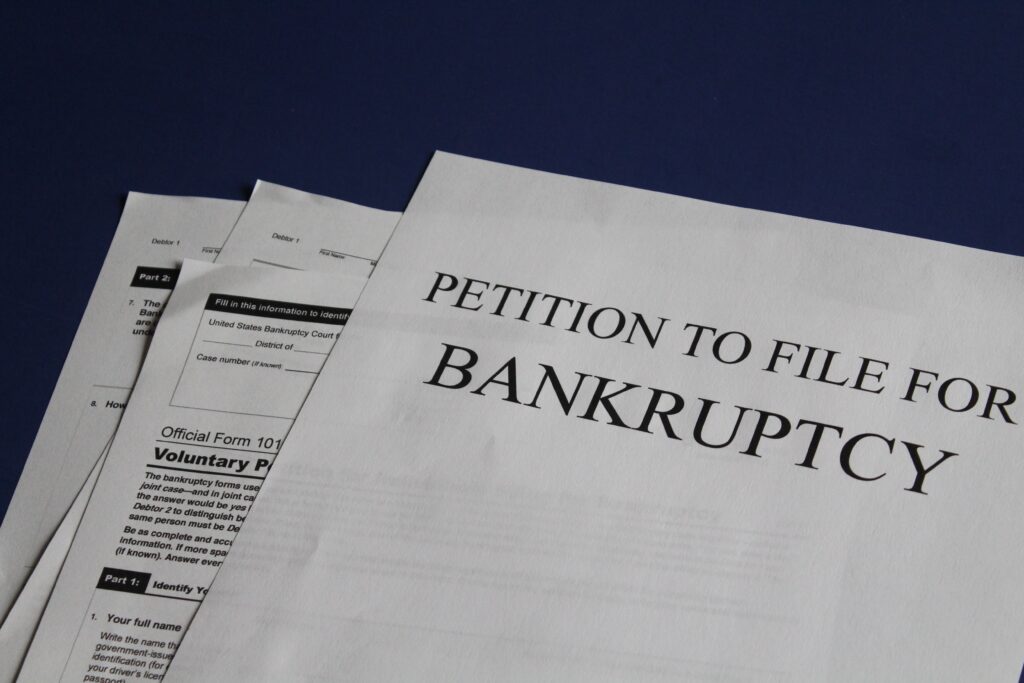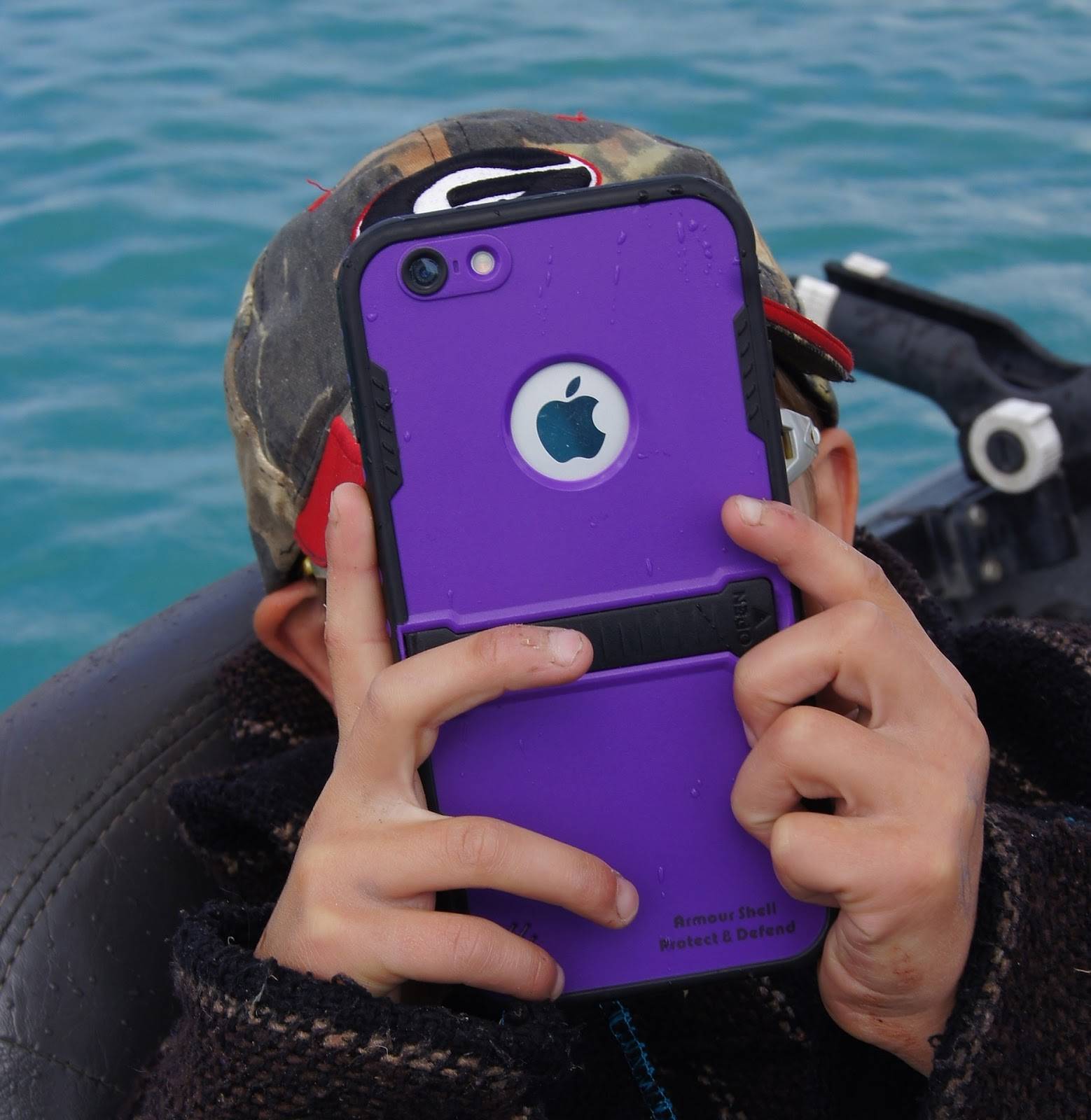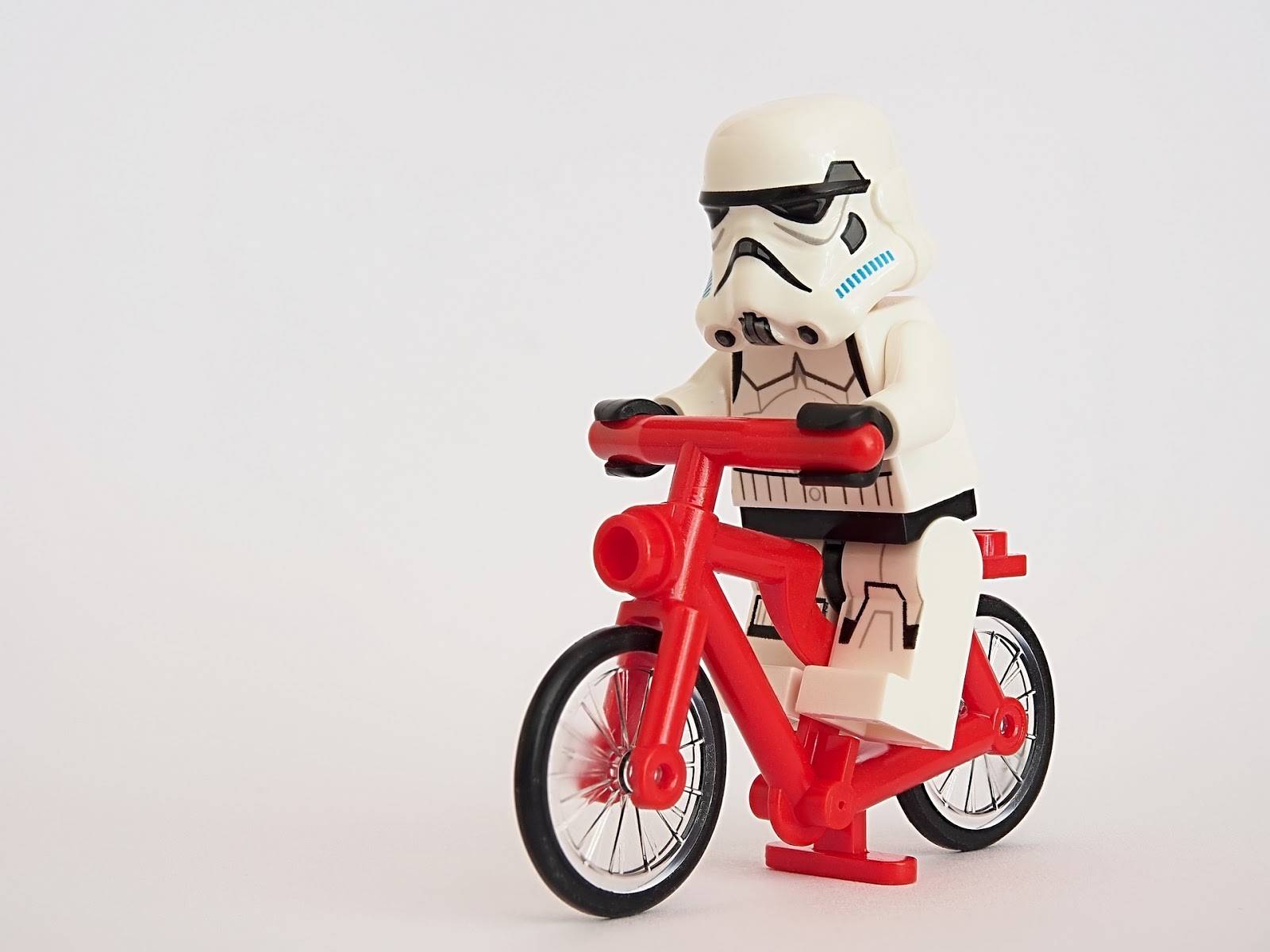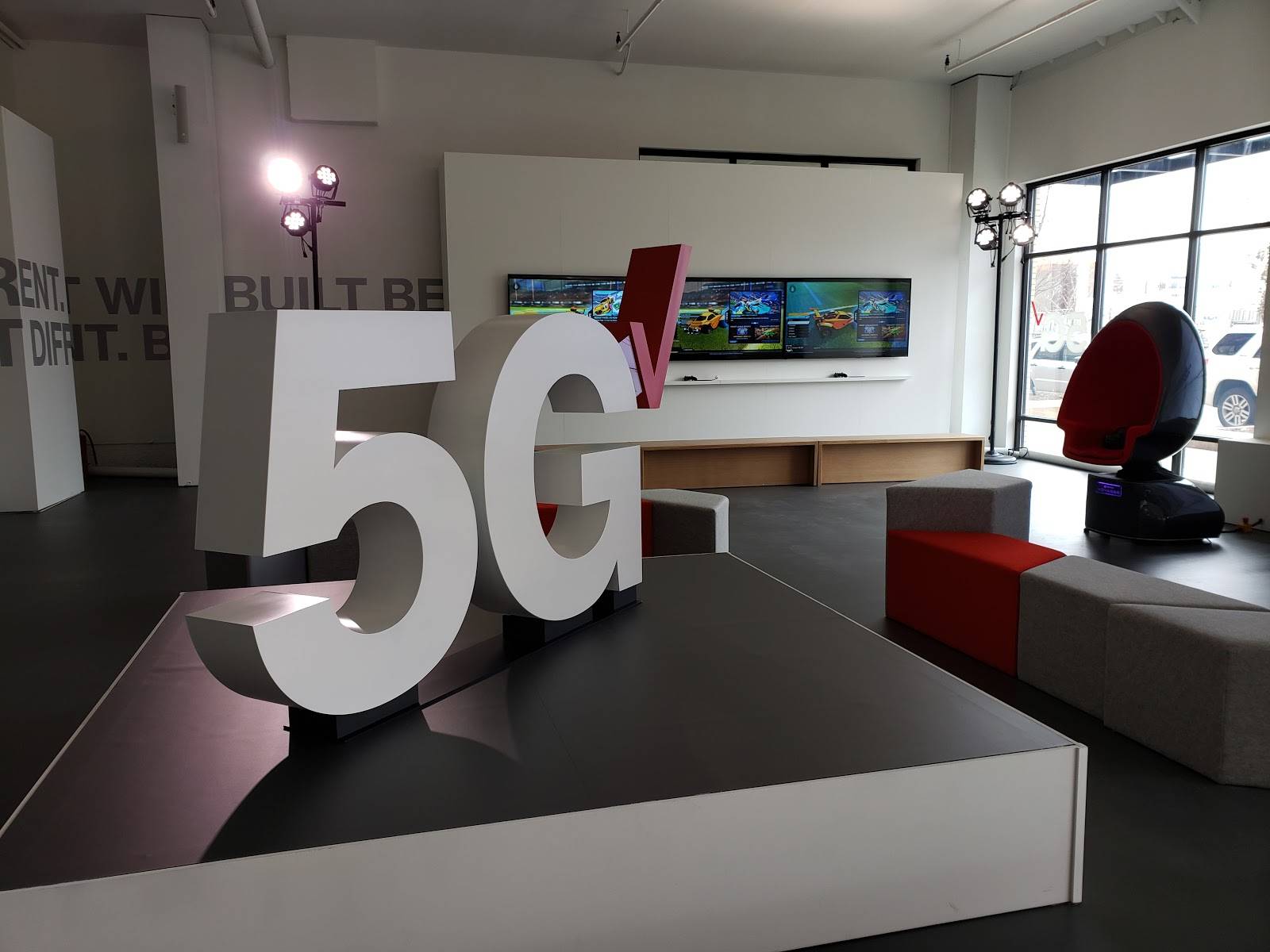This content has been archived. It may no longer be relevant
Would it surprise you to learn that the top-grossing mobile apps are “free” games? While games like Clash of Clans, Candy Crush and Kim Kardashian: Hollywood are free to download, the in-app purchases that users are prompted to make throughout game play have made “freemium” games the kingpins of mobile device entertainment apps. Before you click to purchase another life, put down the phone. Here’s why in-app purchases could bankrupt you.
Americans are spending more time interacting with apps than ever before. Nielsen data released in July, 2014 shows that “U.S. Android and iPhone users age 18 and over spend 65% more time each month using apps than they did just two years ago.” (http://www.nielsen.com/us/en/insights/news/2014/smartphones-so-many-apps–so-much-time.html)
According to a report released in 2013 by information technology research and advisory company Gartner (www.gartner.com/), in-app purchases will account for a full 48 percent of app store revenue by 2017, up from 11 percent in 2012. The quick gratification and small purchase amount (“it’s just $.99 for another level, that’s no big deal”) cause in-app purchases to quickly add up for even budget-minded consumers.
Business Insider reported in 2014 that Clash of Clans, a free-to-download strategy game, earns an estimated $1,118,457 per day. Yes, you read that right – over a million dollars each day. Users spend real-world money on virtual in-game items, such as gems that help them build out their realm, train troops and battle with other users. Candy Crush Saga (like a candy-filled “Bejeweled” puzzle game) brings in an estimated $884,676 per day, from $1-2 purchases of extra “lives” or game boosts.
You may scoff at these numbers, insisting that you couldn’t accidentally spend $30 – or more! – on extra in-game lives in a month (which is a very common occurrence for many “freemium” game players), it turns out that there’s a science to getting your dollars, one at a time, and app-makers are masters at the art. There are plenty of psychological barriers to spending real money in the real world. Having to pull cash, or even a credit card, out of your wallet and hand it to a cashier or type the number into a website gives you a physical and solid alarm bell that you are spending money that you (hopefully!) have to have available for the expense.
App purchases, on the other hand, are designed to be incredibly seamless. Your credit card is stored with Apple, Google or Amazon, and all it takes is a quick click of a button to instant gratification, no uncomfortable reminders that you just spent real money on that virtual life or game boost.

What’s more, games use subtle but effective psychological tricks to keep you playing and spending. The Guardian’s Dana Smith writes that Candy Crush is exceedingly popular because it uses a series of ingenious mind-games to make it addictive (www.theguardian.com/science/blog/2014/apr/01/candy-crush-saga-app-brain).
First, it’s simple. Games start off easy to play with frequent mini rewards that cause a release of “neurochemical dopamine.” This pleasure response in your brain is similar to the “neuro-circuitry involved in addiction, reinforcing our actions.” The next step is to increase the challenge, making the dopamine bursts more intermittent. If it stayed easy forever, you’d get bored. And, as it turns out, an unpredictable reward schedule (a “variable ratio schedule of reinforcement”) is more addictive to our brain’s pleasure sensors than one where you keep consistently winning.
Candy Crush and many other popular “free” apps are ultimately a game of chance – your likelihood of beating a level is entirely dependent on the random placement of jewels/candy/cast of characters that you happen to get dealt by the app. Yet you win just enough to keep you playing – like playing slot machines or any other kind of gambling.
According to Steve Sharman, a PhD student in psychology at the University of Cambridge who has been researching gambling addiction, the impression that we are in control of a game is key to its addictive nature. The boosters available for purchase in Candy Crush give the impression that the player can affect the game’s outcome, even though they aren’t likely to actually lead to a game-win. This keeps users playing, and purchasing.
The limited number of lives granted before getting temporarily locked out of game play is also crucial for motivating in-app purchases. By not letting you play, the game becomes more enticing, a reward worth paying for. If you’re denied sugar for a week, and then get handed a plate of cookies and told to help yourself, that cookie is going to taste amazing. Far more so than if you’d spent the week snacking on cookies at-will. And the low buy-in (typically a dollar or two) to get the instant reward of continued game-play can make that in-app purchase incredibly tempting.
What’s an impulsive, instant gratification-happy smartphone owner to do? Go into your phone’s settings and turn off in-app purchases. If that seems too drastic, at least toggle on the setting that requires you to enter a password before a purchase can be completed. If you own an Android device, consider deleting all stored credit card numbers from your device and Google Play account. What do all these suggestions have in common? They reduce the impulsiveness of mobile device purchases and require that you acknowledge that you want to spend money before you whittle a few more real dollars away in a virtual game.
Nerd Chick Adventures is written by Andrea Eldridge and Heather Neal from Nerds on Call, an onsite computer and laptop repair company in Redding.

About The Author: Andrea Eldridge is CEO and co-founder of Nerds On Call, a computer repair company that specializes in on-site and online service for homes and businesses. Andrea is the writer of a weekly column, Nerd Chick Adventures in The Record Searchlight. She prepares TV segments for and appears regularly on CBS, CW and FOX on shows such as Good Day Sacramento, More Good Day Portland, and CBS 13 News, offering viewers technology and lifestyle tips. See Andrea in action at callnerds.com/andrea/.





